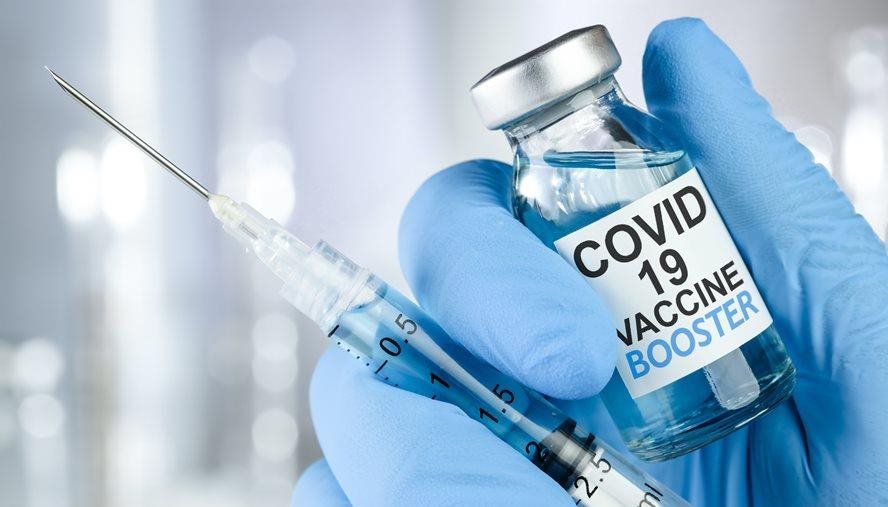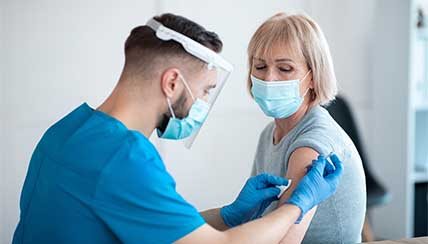Am I at Risk for COVID-19?
COVID-19 is the disease caused by the new coronavirus called SARS-Cov-2. Protect yourself by knowing the symptoms, risk factors and when to call a doctor.
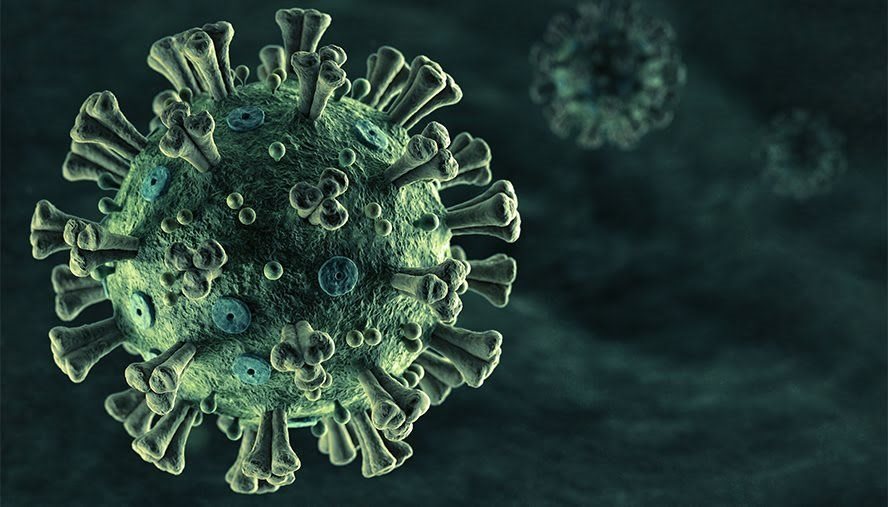
What is COVID-19?
It is a respiratory virus and disease that can have mild to severe symptoms. Most people will have mild to moderate flu-like symptoms and can self-treat at home.
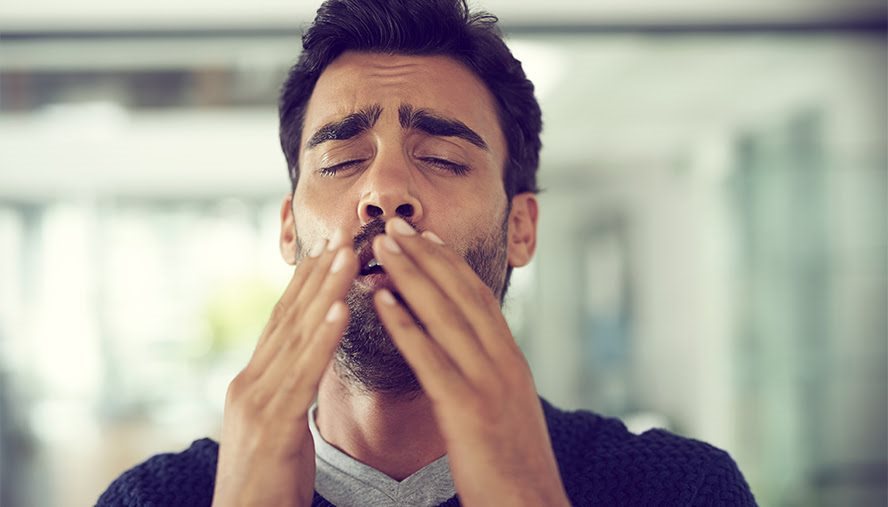
How do you get COVID-19?
The SARS-CoV-2 virus that causes the COVID-19 disease is spread by droplets from coughs and sneezes, and by touching surfaces or objects that have been contaminated with the virus.

Who is at risk for developing COVID-19?
Health care workers, caregivers and family members of infected people, people with chronic diseases and the elderly are at risk for developing serious cases of COVID-19.

What are mild symptoms of COVID-19?
Mild symptoms include: Cough, fever, tiredness, aches and pains, shortness of breath, chills, repeated shaking with chills, headache, nasal congestion, new loss of smell or taste, runny nose, sore throat or diarrhea. Nearly half of patients with COVID-19 have a cough. This cough is dry and persistent and can make it hard to breathe. A dry cough does not produce mucus or phlegm. Sometimes a dry cough can turn into a wet cough when the infection progresses.

When to contact a health care provider?
Call your doctor if you’ve been around someone with suspected or diagnosed COVID-19 and you have a fever, cough or shortness of breath.
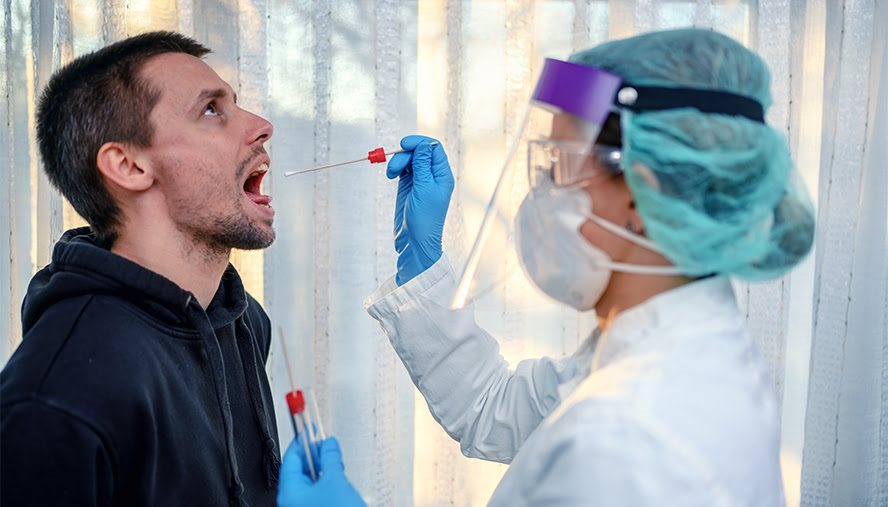
How is COVID-19 diagnosed?
A molecular test or swab test collects material from the back of the nose where it meets the throat. The material is examined for the SARS-CoV-2 virus. Rapid antigen tests and at-home kits are currently available.

How is mild COVID-19 treated?
Most people will have mild disease that’s treated with drinking fluids, getting extra rest, and taking over-the-counter medications for fever, headache, congestion, cough and sore throat.

What are severe signs and symptoms of COVID-19?
Severe signs and symptoms can occur about a week into the illness and include significant shortness of breath, low oxygen levels, pneumonia, abnormal blood tests, kidney failure, liver failure and hospitalization.
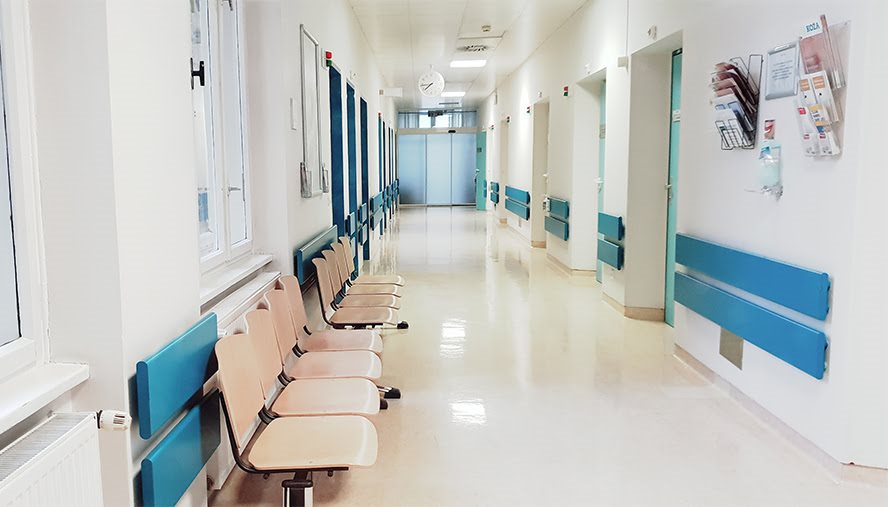
How is moderate-to-severe COVID-19 treated?
For people with moderate to severe COVID symptoms, there are now a variety of COVID treatments available and on the horizon, including monoclonal antibodies and pill medications. In extreme situations, hospitalization may be required. Learn about the difference between mild and severe COVID symptoms here.
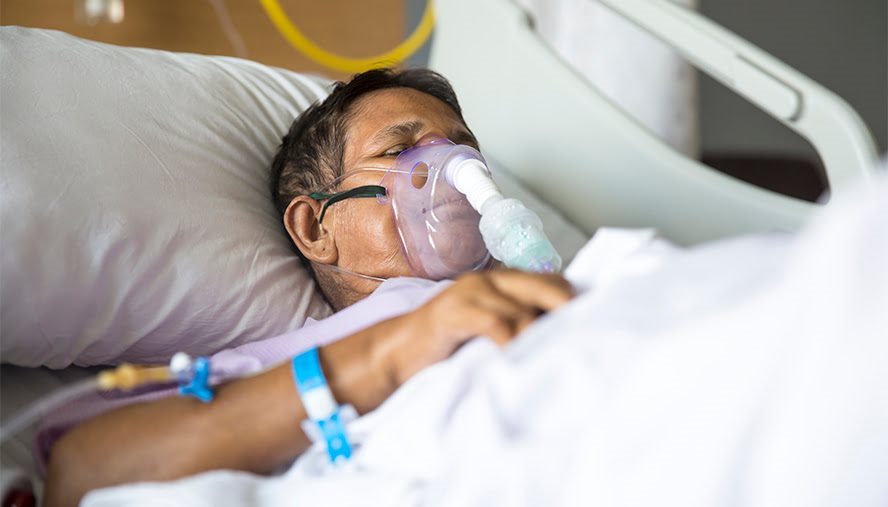
How is a critical case of COVID-19 treated?
Less than 5 percent will have critical disease. Care may include breathing support with a mechanical ventilator and an extracorporeal oxygenation (heart/lung) machine to keep organs working while the body fights the infection.
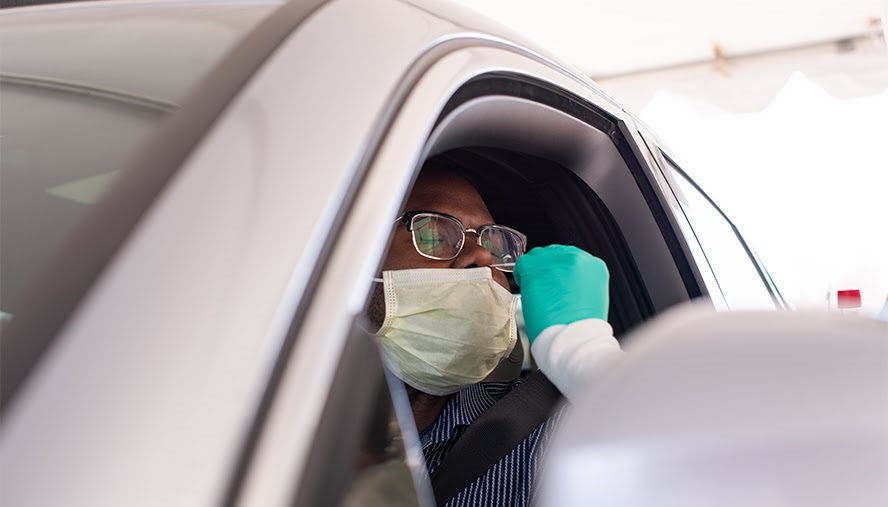
What is antibody testing for COVID-19?
This is a blood test that may determine if you’ve had the disease in the recent past by looking for IgG or IgM antibodies that the immune system may produce to fight the virus. In many cases, prior COVID infection grants an extra layer of immunity from severe infection. However, it is not currently known how long this protection lasts. Vaccination and boosting is currently the best defense against the virus.
| The information on our website is medically reviewed and accurate at the time of publication. Due to the changing nature of the COVID-19 pandemic, information may have since changed. CDC.gov and your state’s health department may offer additional guidance. |

